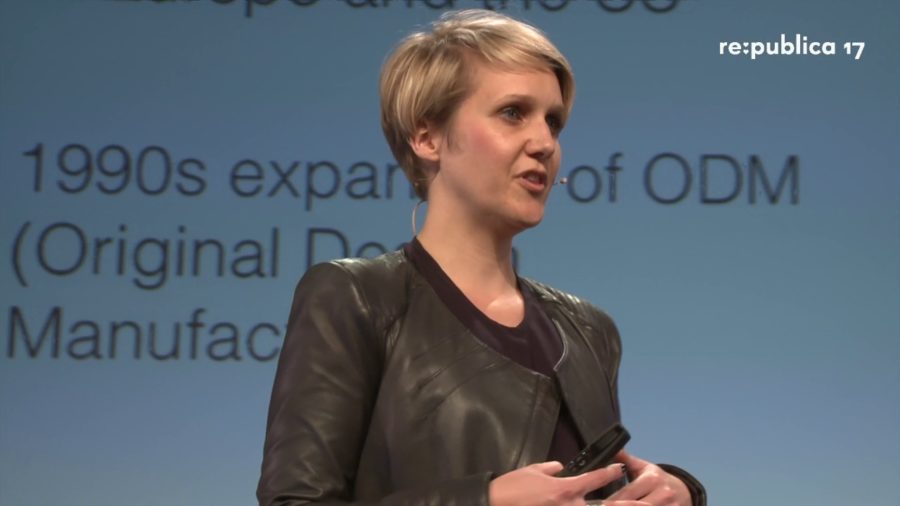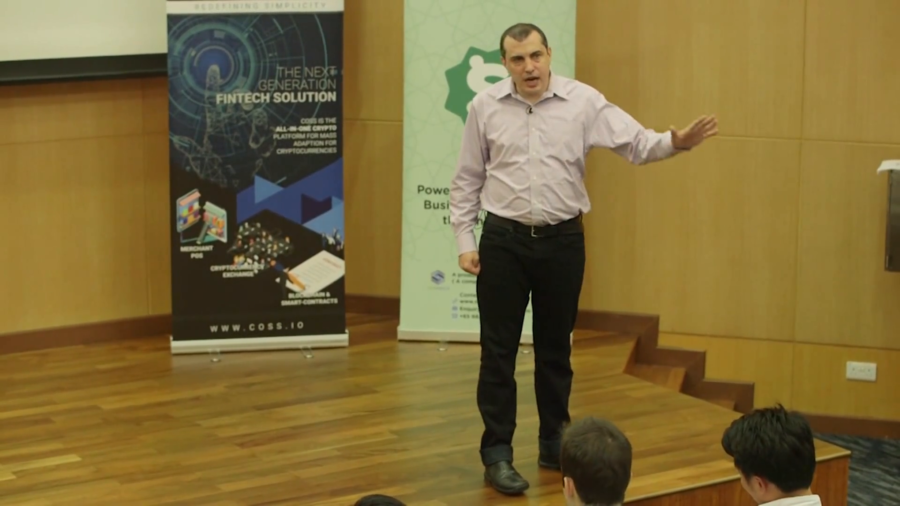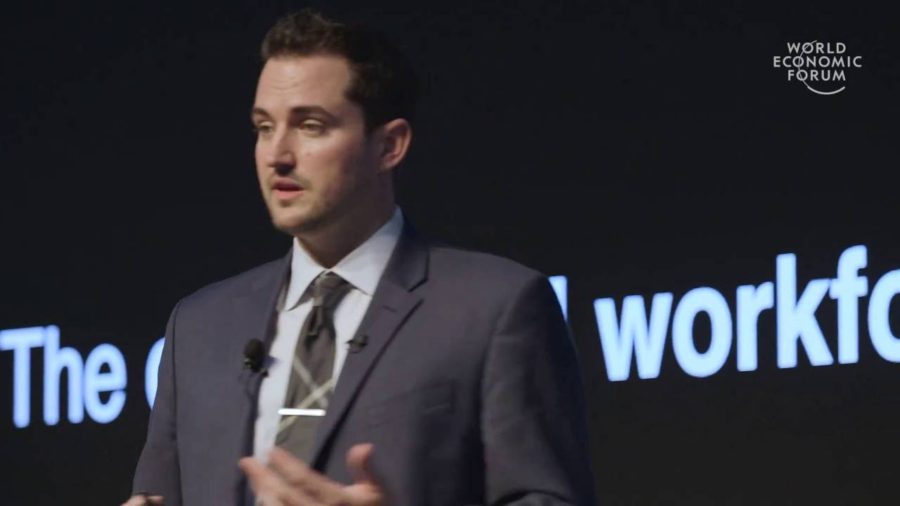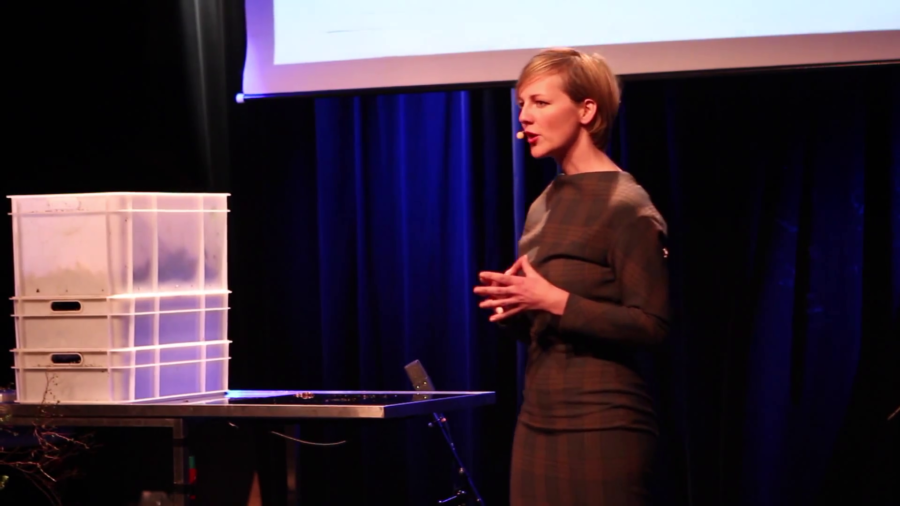What I want to tell you is that in 2050 we don’t even have waste anymore. There will be no waste in 2050. Everything will be seen as a treasure, because we will have created what some smart people call a circular economy.
Archive

Making took rise at a moment when people began— Not just scholars but also media—public media and people working in the tech industry—began critiquing earlier visions and ideas of the knowledge economy and saying the knowledge economy, or ideas like the creative class as propagated by Richard Florida, were sharply critiqued because they did not deliver what they had originally promised.

The Internet meme framework is a useful way to understand a certain range of object production, a certain sort of informal production that combines networked modes of production similar to shanzhai or the hat printing, with the global reach of the Internet and global shipping services as well. The ability to move bits and atoms with just as much ease and efficiency.

The culture gap at the center of the debate we’re having today is a culture gap between people who build hardware and people who build software. And those cultures have been diverging since the 1950s.

The Fourth Industrial Revolution is ushering in a significant increase in connected machines, connected products. And at the same time, the people who are standing next to these highly sophisticated machines are ultimately connected in their home lives. They carry a cell phone that’s managing their smart car, their smart home, their smart systems. But they have almost no interaction with the systems at work.

